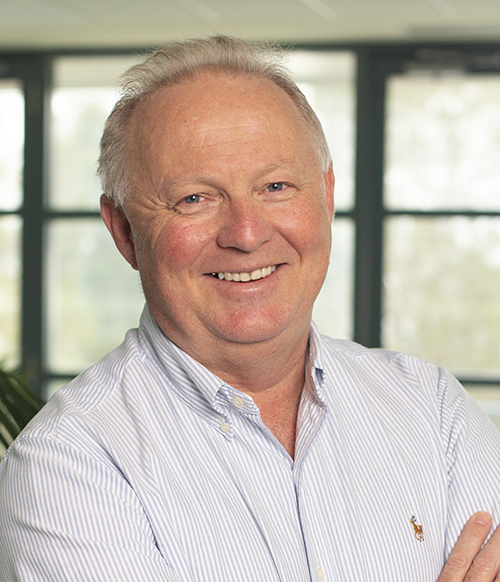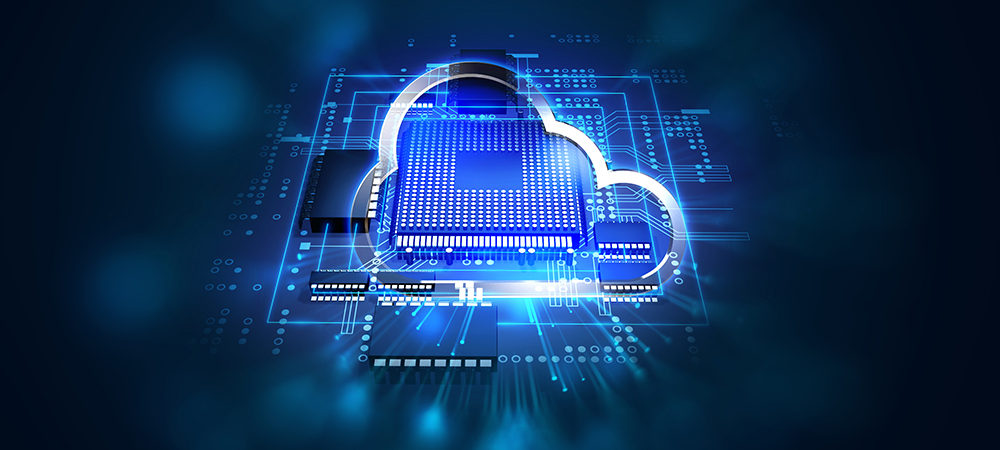Device Technologies, which supplies medical solutions to hospitals and healthcare professionals throughout Australia and New Zealand, delivers better patient outcomes and innovation with a hybrid IT environment, deployed with the help of NTT.
An ageing data center infrastructure that was reaching end of life was the catalyst for change for Device Technologies.
The resulting hybrid IT environment, deployed with the help of NTT, incorporates a hyperconverged data center infrastructure for core services and cloud-based applications and services for other business applications.
This new stable, secure and scalable infrastructure provides it with the platform it needs to support on-going business growth and diversification, as well as Digital Transformation and the development of innovative new services – all with a goal of creating better patient outcomes.
Flexible, agile infrastructure to meet on-going business growth, diversification and geographic expansion
Device Technologies has enjoyed double-digit annual growth for the past 10-15 years, primarily through acquisitions that have both extended and complemented its products and solutions portfolio.

Its own acquisition by Navis Capital Partners in 2019 has resulted in the company’s expansion into Southeast Asia. Adding to the complexity, Device Technologies is currently managing more than 70,000 individual products from 200 different brands.
“We’re an agile organization, so we’re pretty happy to disrupt ourselves because the market is changing so dramatically,” said Graham Cronin, CIO, Device Technologies. “And where things are going is that we need to digitize our processes and services to make it easier to provision equipment to medical practitioners or clinicians. We also need to be able to acquire companies and bring them on in an agile fashion.”
Device Technologies has a two-tiered acquisition strategy to remain agile and responsive. If the product line being brought on is complementary to SKUs already in the system, the acquisition will be brought into Device Technologies’ SAP ERP system.
If the acquired business is already running successfully and has a separate product line, then an integration layer provides the connection between the two businesses’ systems until the time is right to consolidate.
With a data center infrastructure approaching end-of-life and business growth expected to continue, Device Technologies needed to have a stable, secure and always-on platform, that gave them the flexibility to pivot and meet market demand as required.
Balancing in-house core skills retention and the efficiencies of outsourced cloud services
In 2017, Device Technologies started working with NTT on building out its IT strategy by conducting a Future State Architecture Assessment.
The outcome was a hybrid IT model that was made up of an upgraded, hyperconverged data center for core systems, and cloud services for peripheral services and applications that need to scale.
“When we looked at the numbers in going from a three-tiered architecture to a hyperconverged environment, we found that our ‘mothership’ was better off staying within our data center environment,” said Cronin.
Device Technologies maintained agility by designing its updated data center environment with the option to either own and operate it themselves or outsource it as a managed service in the future.
It also has a hybrid operational model, managing its own core ERP infrastructure, while outsourcing management of its peripheral services, such as its e-commerce platform and HR payroll, which are running in the cloud.
By maintaining its own ERP environment, Device Technologies keeps its core skill sets in-house, and the hyperconverged (or private cloud) infrastructure it is managing prepares its team for DevOps. This allows it to have its applications cloud-ready for a future migration path to the cloud once its in-house data center assets reach end-of-life.
Extending digital services for greater innovation and better outcomes for patients and healthcare providers
The new hyperconverged data center environment has given Device Technologies greater agility and flexibility to meet changing market needs, and a platform for innovation.
That allowed it to import around 1,200 ventilators to support hospitals dealing with COVID-19 – a 1,000% increase on its normal supply levels. It was able to adapt some of its systems to process the ventilators faster and certify them for Australian conditions.
The platform enables the extension of the digitization of its services, including the development of a new surgery booking portal for hospitals, ensuring that the required devices and any supporting personnel are scheduled accurately to assist with upcoming procedures.
“We do a lot of surgeries – for orthopedics, spinal reconstructions and other critical operations – where implants need to be inserted. If you’ve got a patient on the table and you need something in a hurry, relying on emails and phone calls can be really problematic,” said Cronin.
“Now, not only is the patient being operated on when it needs to be done, but the surgeons are happier because they’re keeping their lists flowing and the hospitals are happier because they’re not wasting money by taking up a bed when it could have been available for another procedure.”
Device Technologies has also benefited from attending the NTT R&D Forum, an event in Japan showcasing a range of cutting-edge technologies that are in development.
“The thing that hits me is the diversity of solutions and technology that NTT provides. Going to NTT’s R&D Forum opened my eyes to the art of the possible, and also that NTT can play in that space. Having been twice now, I’ve been able to see the development of some of the technology, how it’s evolved, and how the use cases are developing and where that could go,” said Cronin.
The event experience is helping Device Technologies to explore further innovations in data science to better predict the demand for certain products and devices, and providing technologies and supporting services to support patient recovery at home.
“Our motto is better patient outcomes. So if we can provide technology that allows a hospital to send a patient home to recover from a medical procedure and monitor them remotely, that generally means better recovery times, and improves the ratio of nurse to patient numbers in hospitals,” said Cronin.
Click below to share this article

